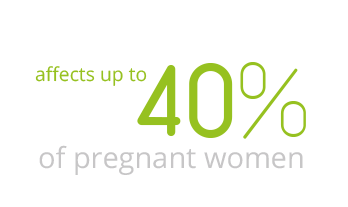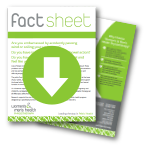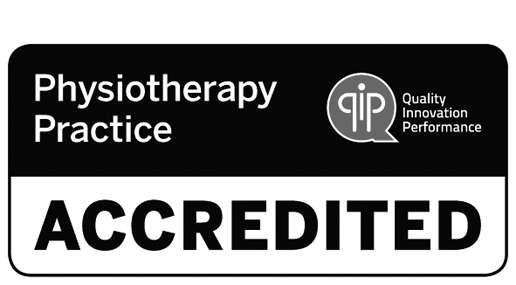Pelvic Girdle Pain
Do you have pain in your back, buttock or hip?
Is pain making it hard for you to walk?
Does it hurt when you roll over in bed or get dressed?
Pelvic Girdle Pain usually begins during pregnancy but may start after the birth of your baby. Pregnancy hormones can relax your joints, ligaments and muscles whilst the weight you gain in pregnancy can add to the problem. Back, pelvic joint and hip pain in pregnancy can range from annoying to debilitating and have a huge impact on your life. Pelvic Girdle Pain can affect your ability to enjoy your pregnancy, care for your family, work, exercise and take pleasure in social activities.
Pelvic Girdle Pain in pregnancy is common but it’s not normal and you don’t have to put up with it. In most cases physiotherapy can relieve pain and help you manage the symptoms so you can enjoy this exciting time of your life as much as possible.
Common Symptoms:
• Pain at the front or back of the pelvis
• Pain in the lower back, buttock, groin or hips
• Pain when you walk
• Pain when you sit or stand & when getting in and out of the car
• Pain when you get dressed
• Pain when rolling over in bed
• Increased pain with more activity
Possible Causes Of Pelvic Girdle Pain:
• Pregnancy & childbirth
• Hormonal changes (ie relaxin)
• Postural changes
• Poor muscular control & support of the pelvic joints
How We Can Help:
Although there is no cure for Pelvic Girdle Pain in pregnancy, specific physiotherapy can relieve your pain, help you manage your symptoms, prevent it from getting worse and assist in a quicker recovery after birth. At Women’s & Men’s Health Physiotherapy we specialise in providing a personalised pelvic health program exclusively for you.
What To Expect:
• A thorough assessment to establish your goals, musculoskeletal requirements and treatment plan
• Education and advice for activity modification
• Design of a personalised abdominal, hip and pelvic floor muscle exercise program
• Soft tissue massage
• The use of a supportive belt or taping to aid stability of the pelvis
• A rehabilitation program following the birth to prevent ongoing pelvic girdle pain
Did You Know













